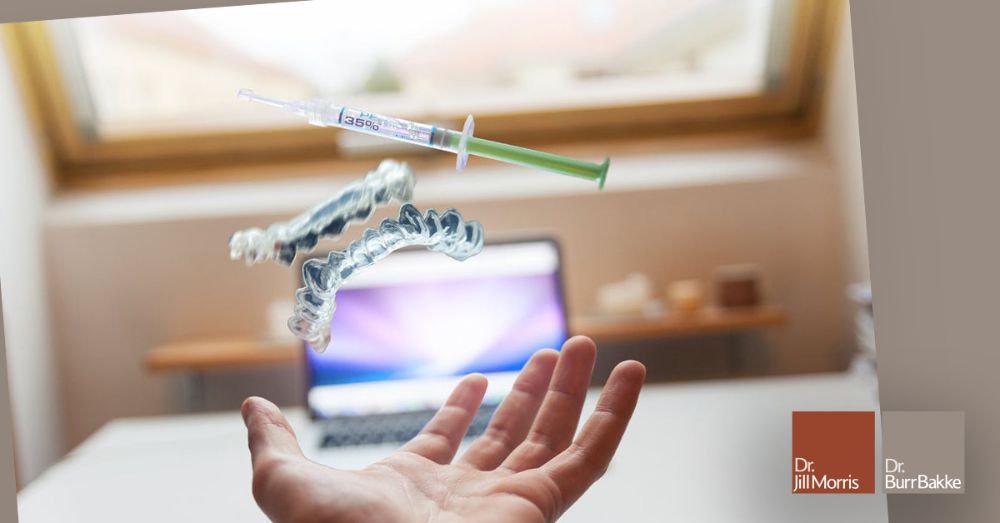Dental Implants, Bridges, Dentures… How Should You Replace Your Missing Tooth?
Do you need to replace a missing or damaged tooth? Good luck sorting through options on the market today and finding a “viable” one. And by viable, I mean finding one that looks great, works properly, will last a long time, and won’t damage your overall health. This is your teeth we’re talking about – your teeth that allow you to chew, properly consume the nutrients you need through food. There simply just aren’t a lot of great options available, even in today’s technologically advanced age.
That’s why it’s easy to see why so many patients are choosing ceramic dental implants. They are aesthetically superior to all of the other options on the market, looking nearly identical to the natural tooth. Furthermore, ceramic implants can last a life time, requiring no maintenance other than the routine care you give your own natural teeth.
Dental Implants Sarasota
Whether the implant can be seen in your smile or not may affect a patient’s choice of replacement options. It is imperative to know all the facts in order to make an informed decision. By examining optimal conditions inside the mouth and understanding the properties that make ceramic a superior choice to support health and reduce potential issues in the future the decision is simplified. Clients who get all-ceramic implants, also known as zirconia or zirconium oxide, are also choosing the best option for overall health, not just their oral health.
Good oral health relies on the healthy bone structure of the jaws, well seated and strong teeth with gum tissue that is actively attached to the tooth. To support these optimum conditions, teeth need to be free from plaque, disease, bacteria, and rot. Ceramic, unlike other materials, is biologically resistant to bacteria, plaque, and the formation of tartar. It has fewer places to harbor pockets of billions of bacteria and typically is so much more precise of a fit that food particles and other odor and bacteria-causing pathogens have nowhere to get lodged, therefore supporting the strength of the remaining natural teeth.
A healthy tooth seated in a healthy jaw stimulates the bone tissue around it, increasing blood flow and maintaining bone mass. When a tooth is damaged by decay or injury and has lost that corresponding area in the bone, tissue can start to diminish. All-ceramic implants are inserted directly into the bone, just as the natural tooth would be, helping to maintain a healthy and viable bone density and protecting the health of other nearby natural teeth. Conversely, when a bridge is used to replace missing teeth nothing is implanted into the jawbone. Generally the teeth nearby are made smaller to accommodate the bridge, subsequently weakening the previously healthy teeth and making them prone to fractures and breakage. Also, as the bone tissue recedes, the gap around the bridge tends to widen, ultimately crippling the adjacent teeth and causing them to become loose and eventually fall out.
Another important factor to consider when choosing a permanent dental implant is that the material in a ceramic implant is bio-inert. It is nonreactive, noncorrosive, does not conduct heat, cold, or electricity, and will not interact with electromagnetic fields from various electronic devises.
Lastly, ceramic will not corrode, leaching toxins or chemicals into your body. Ceramic has been used and studied in the human body for decades; it has applications in everything from orthopedic implants in the hip and knees to bone screws and vertebral repair, with supporting evidence to its overall safety inside the body.
If you’re looking for a healthy, viable tooth replacement option, please call our Sarasota dental office at 941-584-4507 today or visit us online at www.SarasotaDentist.com.

